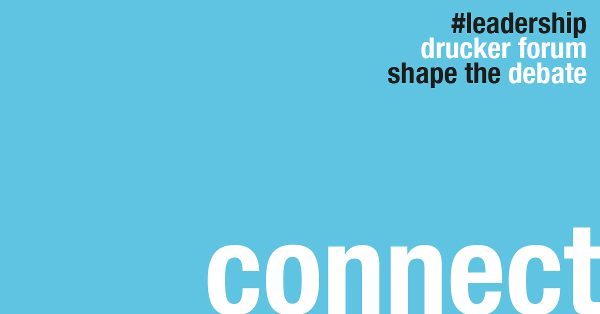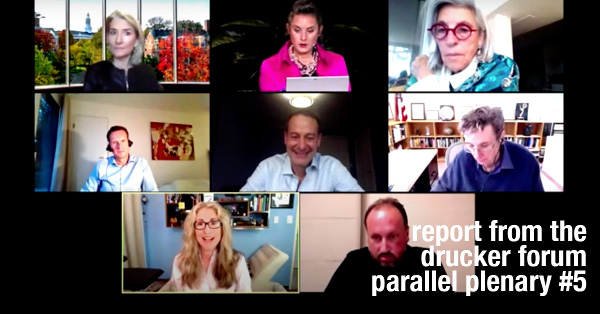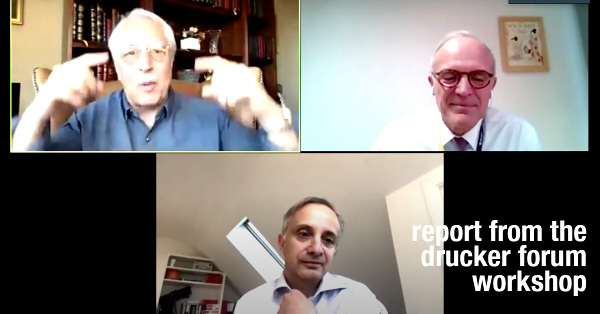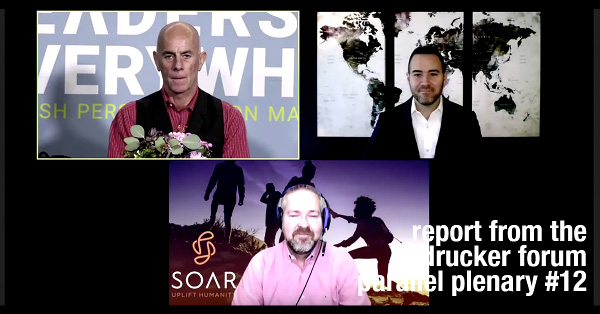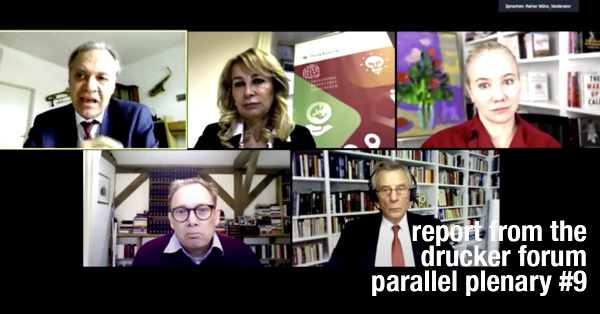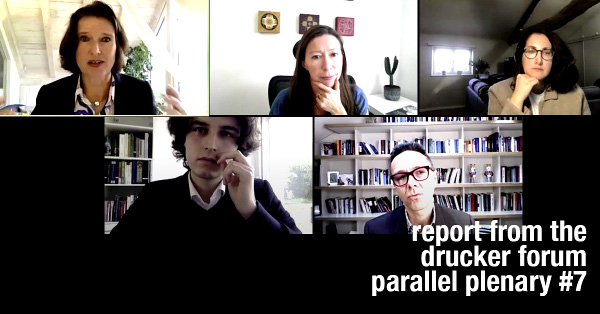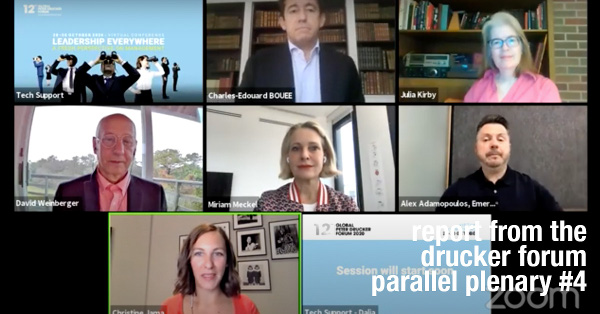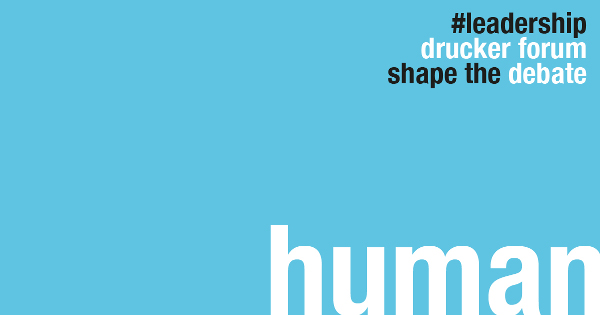Peter Drucker predicted that by 2020 a new world – completely different from our grandparents’ reality – would exist. Drucker, father of modern management, explained in a 1992 essay for Harvard Business Review, that “every few hundred years throughout Western history, a sharp transformation has occurred. In a matter of decades, society altogether rearranges itself – its worldview, its basic values, its social and political structures, its arts, its key institutions.”[…]
Continue reading